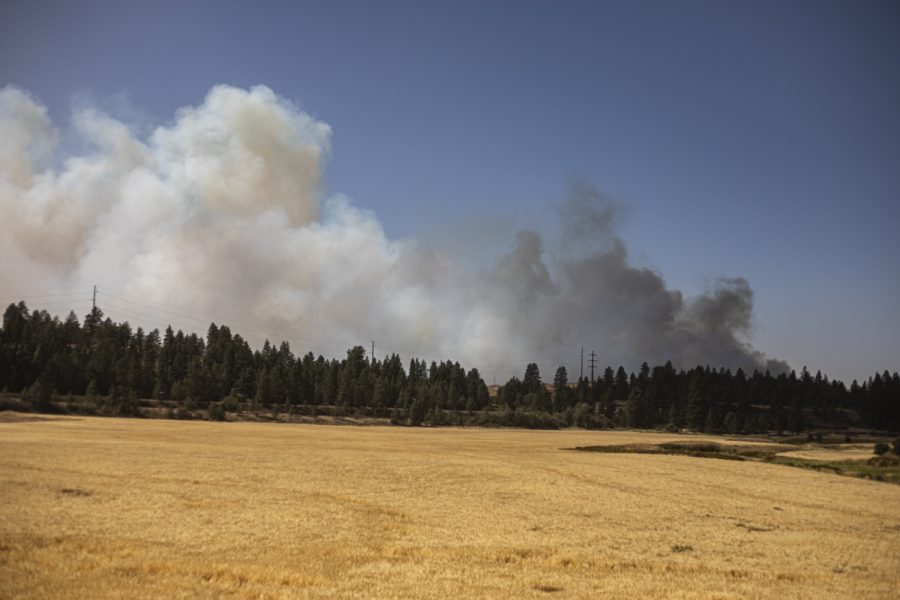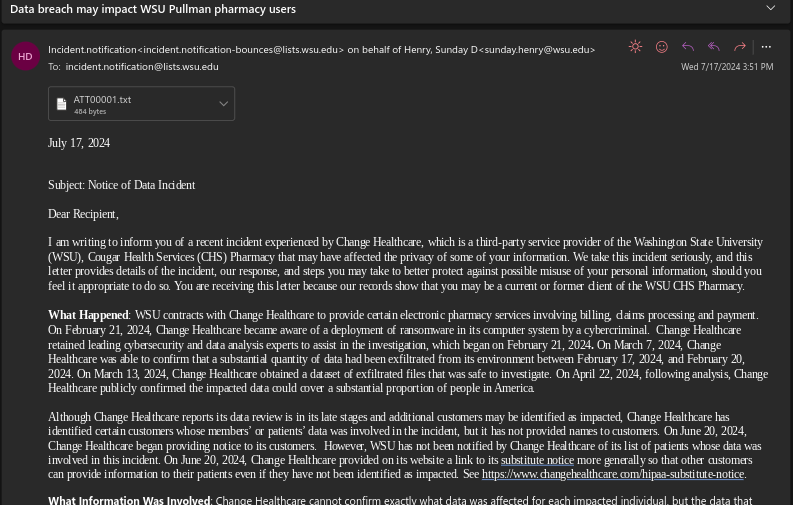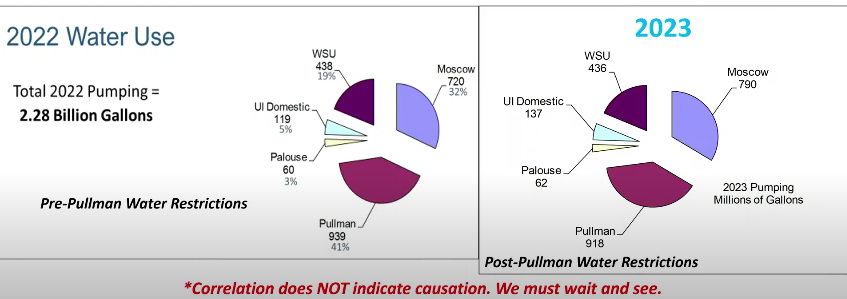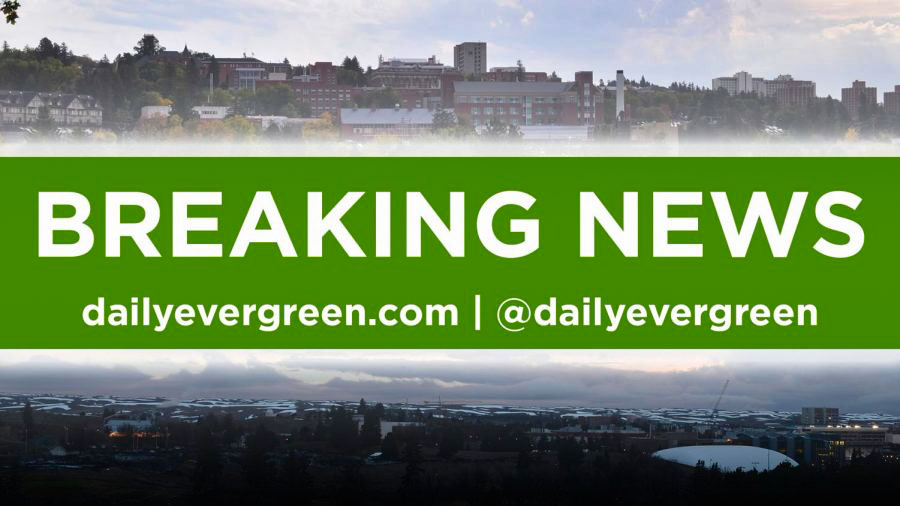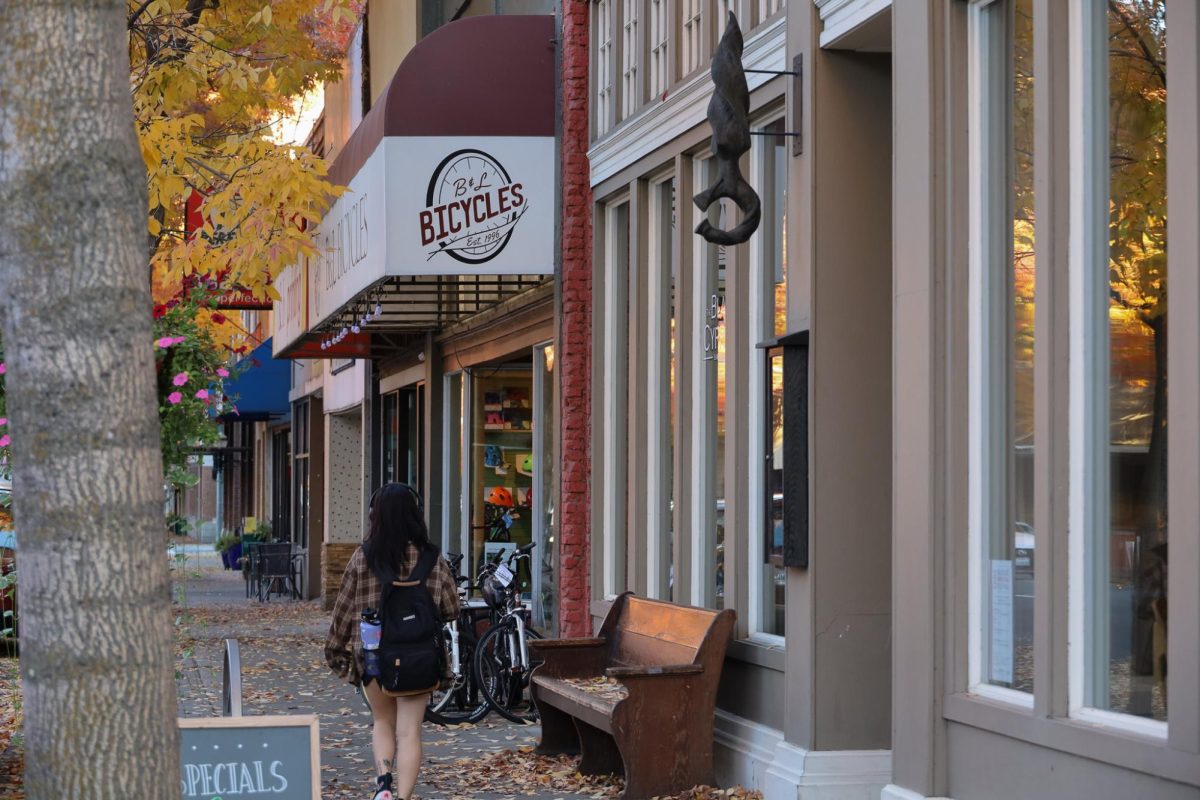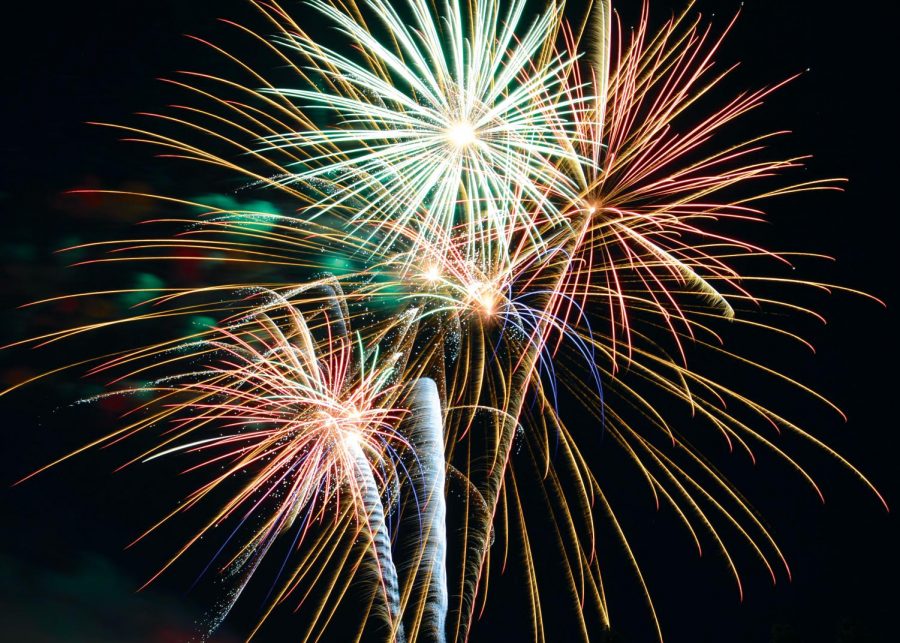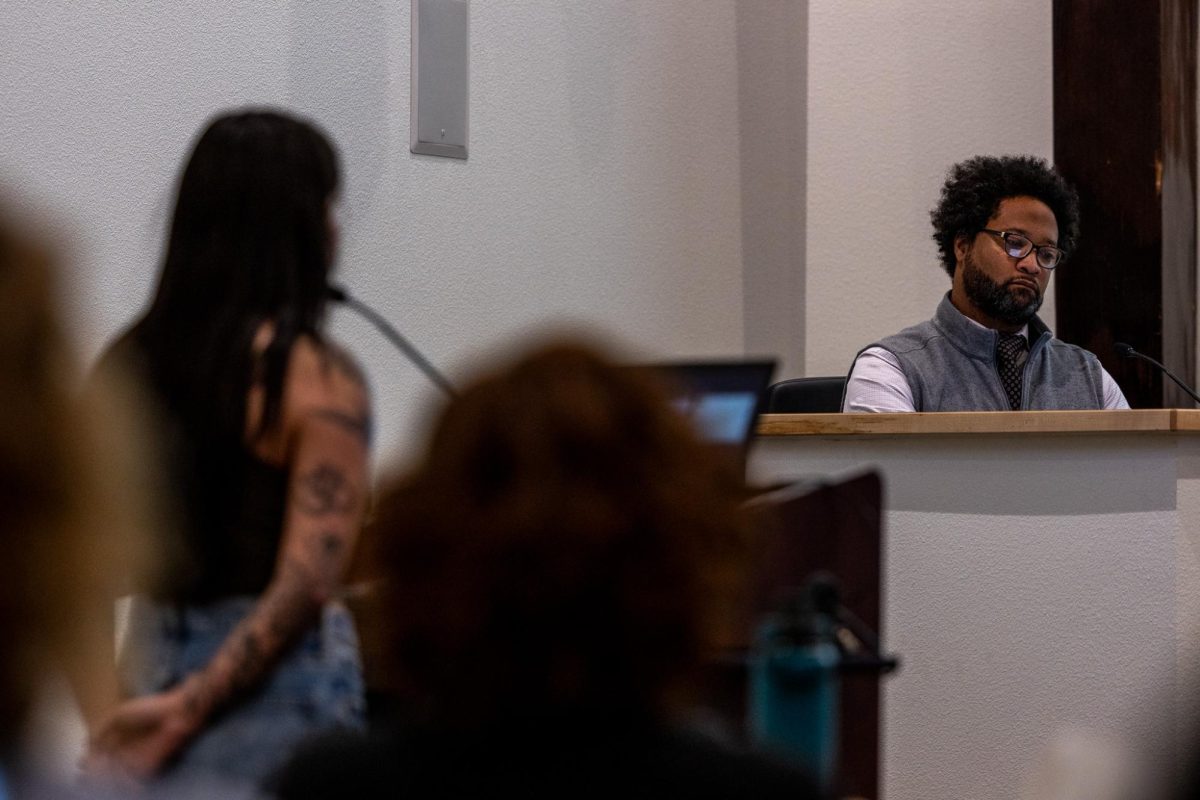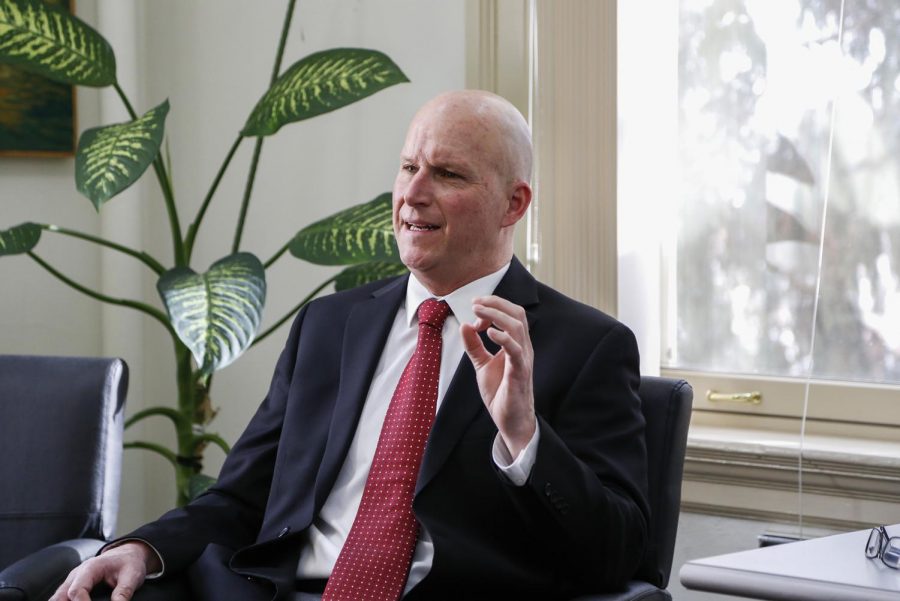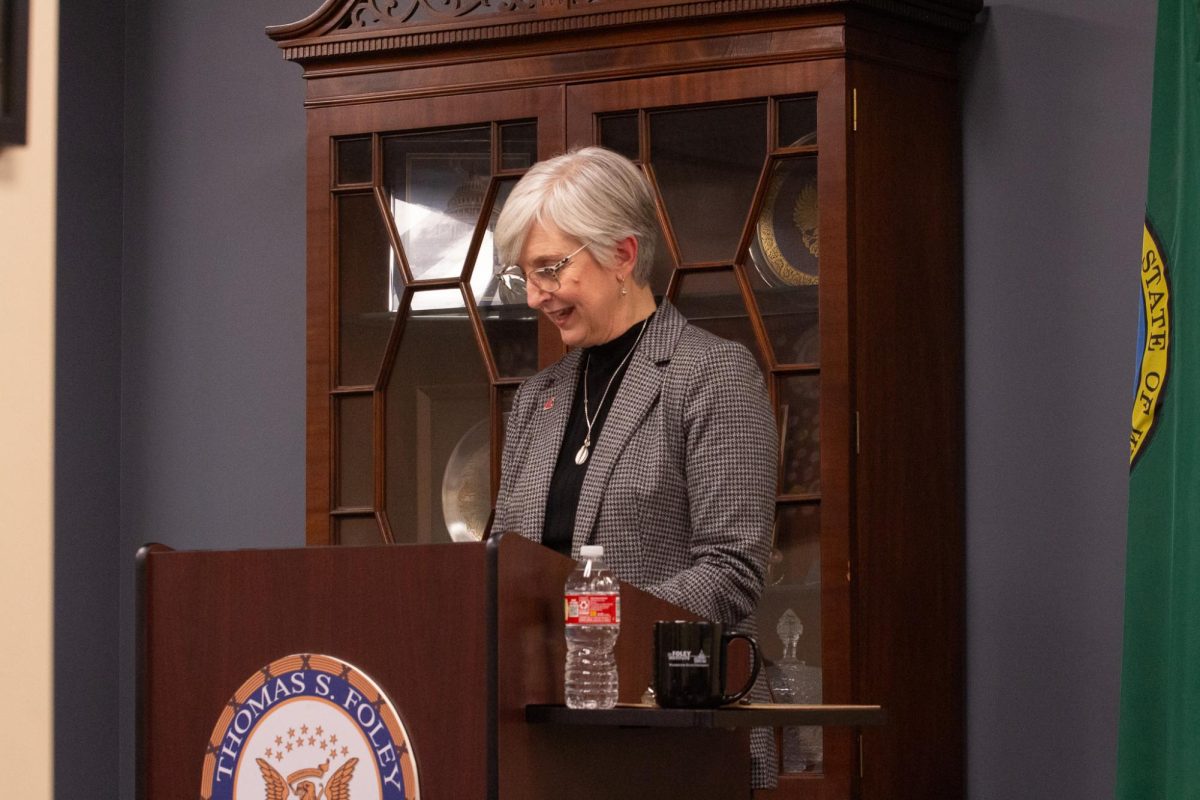Climate for the state of Washington this summer will continue the trend started in 1991 of being hotter than average.
Matthew Dehr, Washington Department of Natural Resources meteorologist, said temperatures since May has have been abnormally hot for the area, but is mostly similar to the previous summer’s temperatures.
“It was a pretty big flip of the switch when we got into May. April was below average. It was cool, it was rainy,” Dehr said. “On average, compared to all the summers since 1991, we are seeing temperatures about 4-5 degrees above average across most of Washington, including Eastern Washington.”
Dehr said these are trends that extend across most of the Pacific Northwest. It is expected that this will be a hot summer up until September, similar to what we saw last year.
Beyond just the heat, much of the region is currently mired in drought. According to the US Drought Monitor, much of the Eastern Washington area is in D1, moderate drought, territory.
Similar to drought levels, the majority of Washington is at least 3% hotter than average, according to the Western Regional Climate Center.
One of the factors that lead to these conditions during the summer is the general warming of the climate, Dehr said. In addition, a general concern over the past few months has been the abnormally hot nights.
“Excessive heat is a pretty big issue on the public health side of things,” Dehr said. “Night-time temperatures only dropped to about 80 degrees last weekend.”
While it is unlikely that someone will suffer a serious heat-related illness during the night, the prolonged exposure to hot temperatures stresses the human body and especially hurts the more vulnerable populations, Dehr said.
“When you look into urban areas, the asphalt, concrete, that really amplifies the heat,” he said. “We’re concerned about people who are unsheltered in urban areas.”
Aside from the nighttime temperatures, there are further concerns the heat raises. The state will be entering wildfire season soon, Dehr said. This period generally lasts from around late July through August.
“Most of our fires this year have been in grassland in Washington. To date, we’ve had 799 total fires, most of that burning in grassland. The total fires we’ve had is above average,” he said. “If we don’t get rainfall, then we’re more susceptible to fires too. The long summer seasons are not just impacting our community heat-wise, but also fire-wise.”
Dehr said one of the most common hotspots for accidental fires is along roadways. A good way to prevent fires along those areas is to refrain from throwing cigarette butts out the windows
Pullman Fire Chief Mike Heston said this summer has been dryer than average, which affects the number of fires. He said about 90% of fires are human-caused, with the 4th of July timeframe being a very busy one for the fire department.
“Some of the common causes are the fireworks, but that’s over now. Cigarette butts, that’s a big cause of a lot of the fires,” Heston said. “When it’s really windy outside and dry, that can cause fires.”
In part due to the smaller population, there are fewer calls to the fire department during the summer, Heston said. Despite that though, this year has been a busier one for the fire department.
“Our call volume in the last two years has gone up 50%. Compared to this time last year we’re still up 5% from last year. Last year we went on 3,690 calls last year and that was a record,” Heston said. “This year we’re 86 calls ahead of that pace as of [July 14]. Once students are back, calls will go up.”
To help prevent accidental fires, some good advice is not to leave combustible materials on your deck, leave charcoals in your grill in the immediate aftermath of using them and always have a hose ready, Heston said.
“If people have a question and want the fire department to come down and visit their property and see how they can make it more fire safe, we’re happy to do that too,” he said.
Despite the hot summers and large number of wildfires, Dehr said the number of fires is not necessarily abnormal, but time will tell as the wildfire season approaches.





